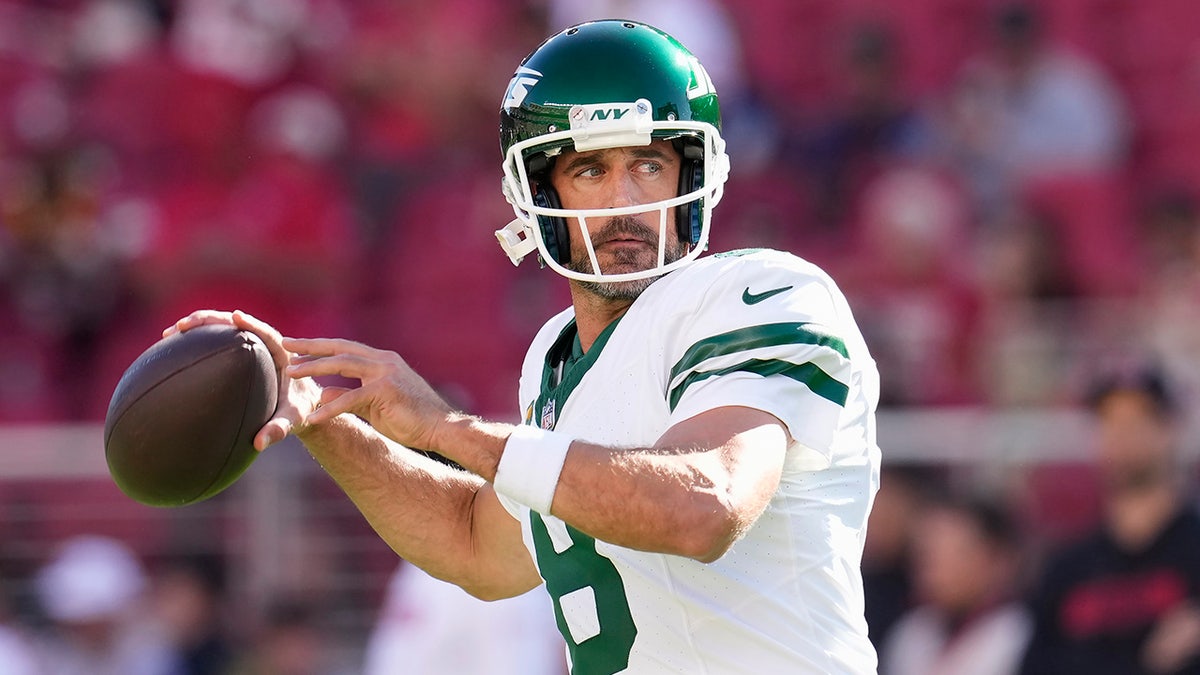Every July 1st, baseball fans and financial pundits alike remember Bobby Bonilla and his unique arrangement with the New York Mets. Until 2035, Bonilla receives a hefty $1,193,248.20 from the team, despite not having played for them since 1999. This annual payout has become known as "Bobby Bonilla Day," and it's a story filled with fascinating twists and turns.
Bonilla's journey to this unusual payday began with a blockbuster signing in 1991. Coming off four consecutive All-Star appearances with the Pittsburgh Pirates, the Mets offered him a then-record $29 million contract over five years. However, the relationship soured, and Bonilla was traded to the Baltimore Orioles in 1995.
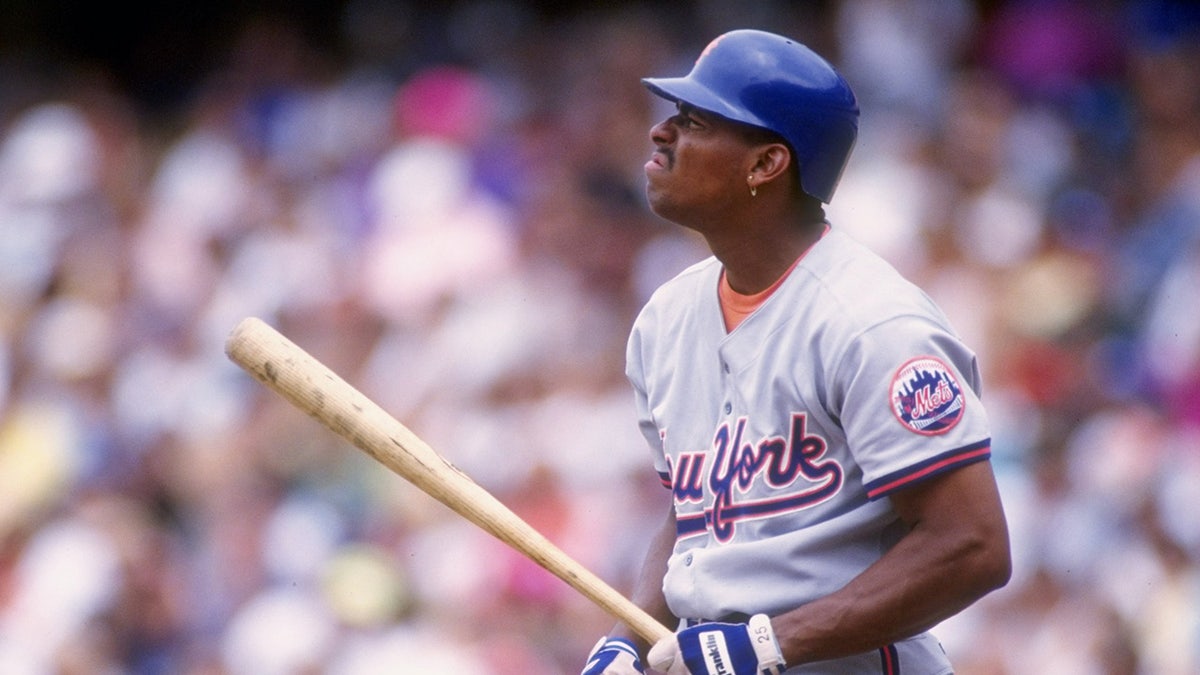
A brief return to the Mets in 1999 ended poorly, with Bonilla released despite $5.9 million still owed to him. Rather than a lump sum, the Mets negotiated a deferred payment plan. Starting in 2011, Bonilla would receive annual payments until 2035, with an 8% interest rate built in.
The Mets' decision was influenced by then-owner Fred Wilpon's involvement with Bernie Madoff's Ponzi scheme. Expecting significant returns from his investments, Wilpon opted for the deferred payments, a decision that ultimately backfired with Madoff's downfall.
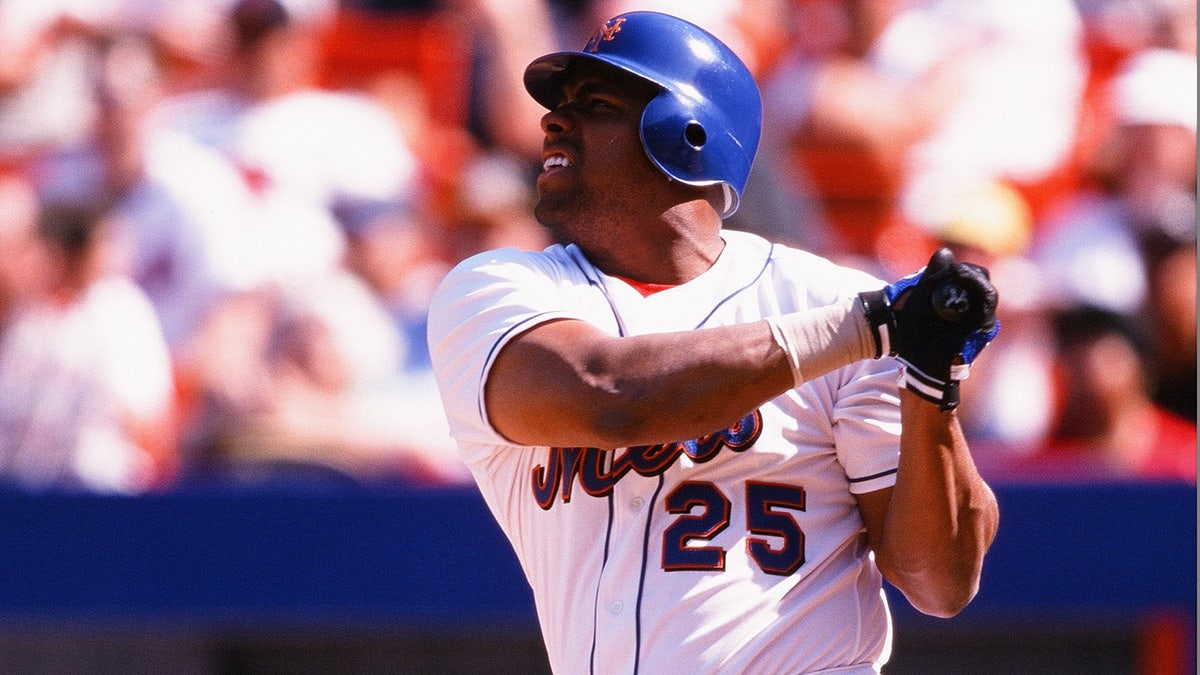
While the situation is often framed as a Mets blunder, there are nuances to consider. Bonilla's performance during his initial Mets stint was actually quite strong, exceeding his production in Pittsburgh. The deferred payments also allowed the Mets to acquire pitcher Mike Hampton, who contributed to their 2000 World Series run. Hampton's subsequent departure netted the Mets a compensation pick, which they used to draft franchise cornerstone David Wright.
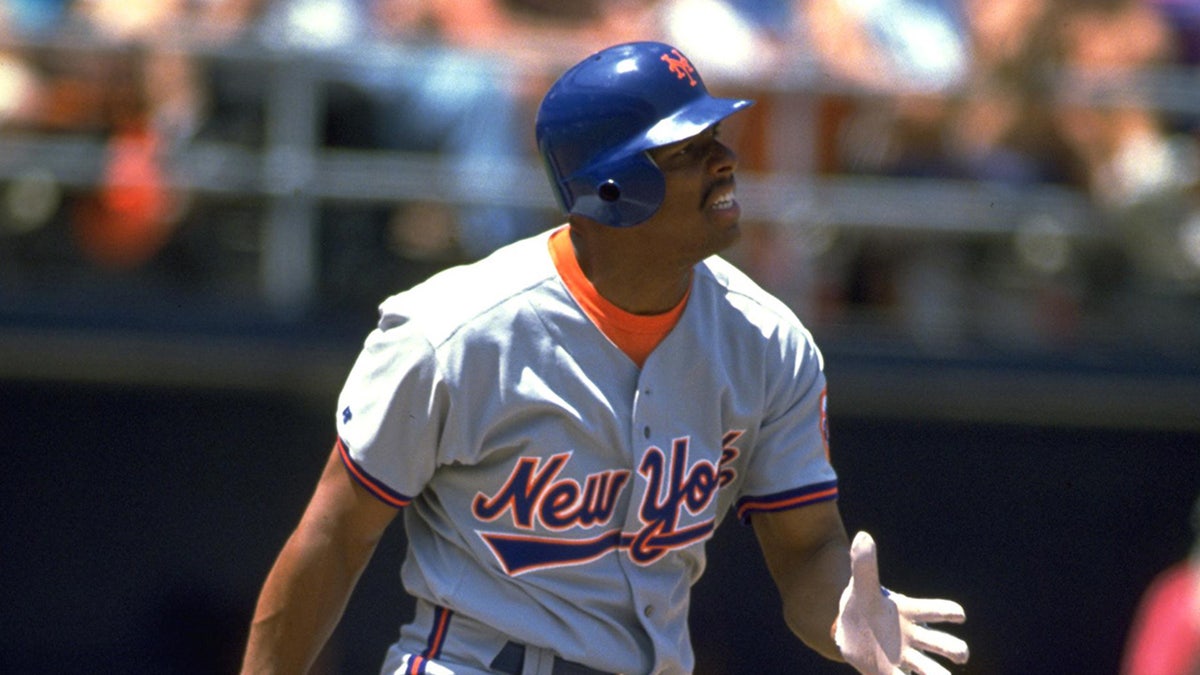
Furthermore, deferred payments are not uncommon in professional sports. Chris Davis, Ken Griffey Jr., Stephen Strasburg, Dustin Pedroia, and Chris Sale are just a few examples of players with similar arrangements. Bonilla even receives separate deferred payments from the Orioles.
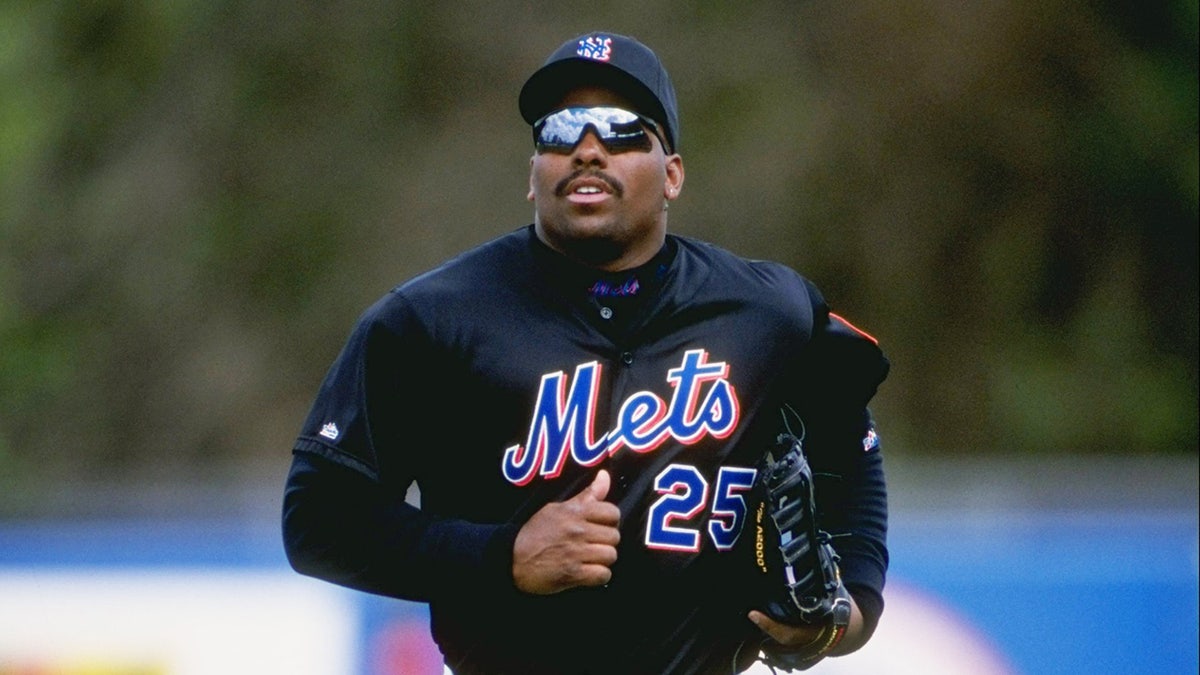
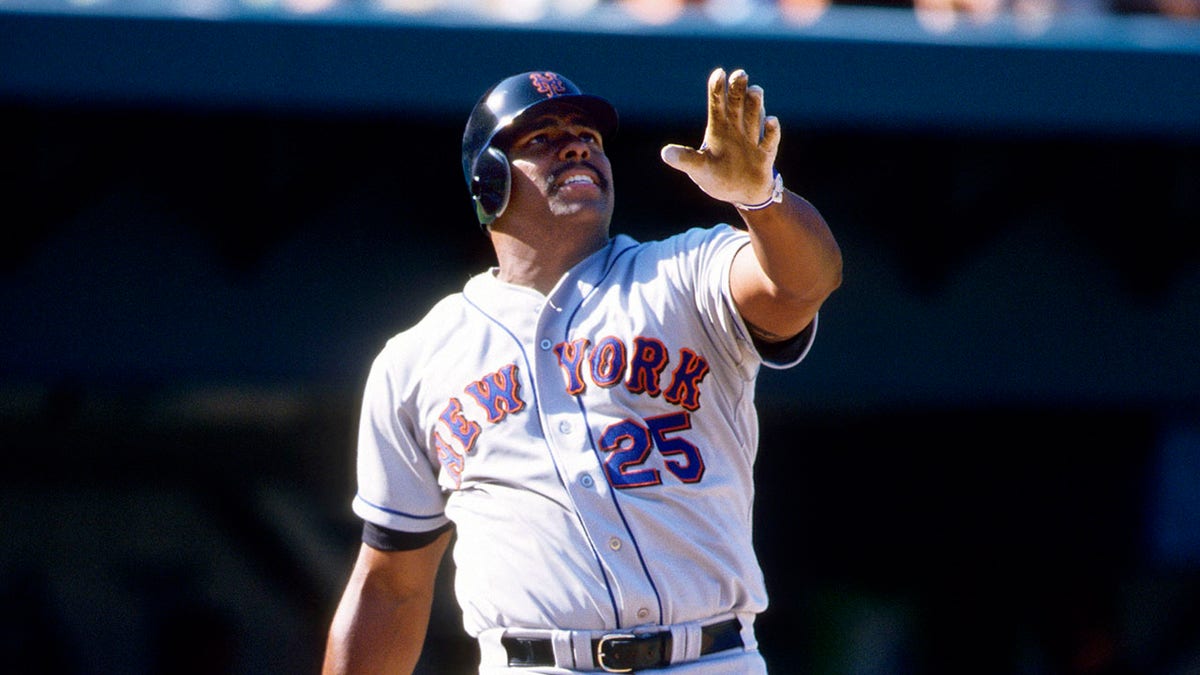
While the financial implications of the deal might be debated, one thing remains clear: Bobby Bonilla Day is a unique chapter in baseball history, reminding us of the complex intersection of sports, finance, and sometimes, unusual circumstances.




